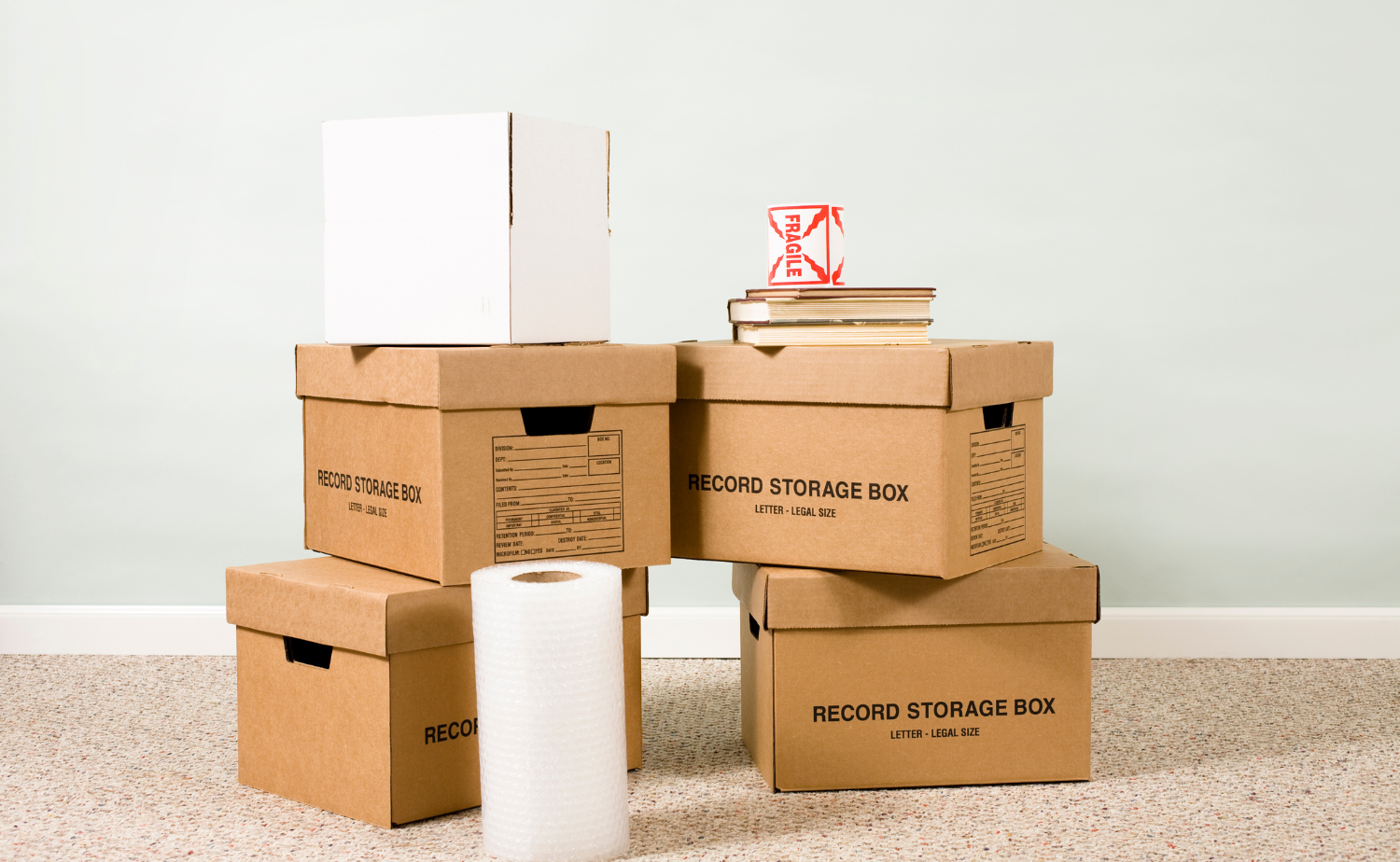Moving isn’t cheap, and it requires a lot of preparation. But, as they say, “you can do it!” With the help of 616 REALTY and with this relocation guide, you are halfway there. So, let’s cut to the chase. How much does it cost?
Movers

Of course, the greater the distance you are moving to, the more expensive the move. If you are moving to a nearby state, costs will be much less than a move from Maine to Cali. You can expect that coast to coast costs to be doubled. Fortunately, most big name movers provide moving calculators on their sites to give you an estimate on how much the exciting new move will cost.
Nearby – Approximately $500-$2000
State-to-state – Approximately $2,000-$6,000
Coast-to-coast – Approximately $3,000-$10,000
These costs will vary based on whether or not you use movers to pack your belongings or you pack them yourselves. By packing yourself, (if you have the time and the energy), you can expect to save $1000-$3000 dollars. The average packer charges approximately $60 an hour. You can also save by renting a moving van and driving it across the country yourself. This, of course, is a large undertaking, so you will want to make sure you are prepared for the journey.
If you are short on time, have the money saved, and/or have a relocation budget from your new employer, you will want to take advantage of moving companies and have the work done for you. Make sure to ask your new employer if you will be reimbursed for moving expenses. Many companies offer these benefits, and it never hurts to ask.
If you are moving close-by, you should expect an hourly rate of $80-$250, while some will charge a flat rate. If it is hourly, make sure you read the fine print. Well, read the fine print either way.
Look into all the options to make sure you get the best rate. Pods are another way to get your belongings from point A to point B. They will cost you approximately $4500 for a 1000 mile journey. The nice thing about this option is that you can keep your belongings in the Pod if you aren’t sure when you will be moving into your long-term home or apartment. This eliminates the need to unpack and pack your belongings multiple times and provides a mobile storage unit.
Other moving expenses
Packing and moving are the obvious moving expenses, but you need to be prepared for additional expenses.
Moving supplies
Boxes and bubble wrap can be a costly expense. Try to minimize that expense by getting boxes at the local liquor store. They are a good size for many of your smaller more valuable items and for books that can get heavier in bigger boxes. The average home needs approximately 65 boxes, but based on my last move, that is a low estimate. Check on Facebook Marketplace for people giving their boxes away after a recent move or selling them much cheaper than you can get them brand new. Save up any newspapers; it makes great packing materials.
Travel expenses

You are going to be traveling to your new city, so you will need to factor in those costs. Whether you will be flying or driving will need to be considered. If you are driving, you will want to calculate gas for the journey as well as meals and hotels. The average daily rate per person is approximately $150.00. You can calculate your fuel costs on AAA’s site. Airfare on a budget is difficult these days but with some advanced shopping, you can find some deals. Plan ahead so you can get the best ticket price available.
Deposits

Whether you are renting or buying your home, you will need to pay for various deposits, whether it is a security deposit or to turn on your utilities. Most apartments require security deposits, and you can expect to pay triple the cost of rent for the first month.
Save money before and after moving
Sell, sell, sell

As you can see, moving is expensive. Getting rid of things that you don’t need can be a great way to not only save on moving expenses but also to make money. If you have time, try to sell your replaceable items as well as your heavier and larger items on Facebook Marketplace, Local Garage Sale Groups on Facebook, and Craigslist. Keep only the items that are sentimental and too expensive to replace. Once you get to your new location, attend some estate sales to inexpensively buy back some of the items that you sold before you moved.
Spend less

Yes, that sounds a little like a statement from Captain Obvious, but really, there are some little ways to cut back on spending that can quickly add up. Try cooking at home. This saves you money on dinner, and you have leftovers for lunch so you save money on lunch as well.
Try not to buy any items that you don’t absolutely need. That way you don’t have to move them, and you save the money. Every time you make a decision not to buy something, take that money and put it in an envelope as if you did spend it. Bam, you have started paying some of your moving expenses.
Cancel some of the subscriptions to streaming services and other subscriptions you may need to cancel anyway because you are changing addresses. Spend your free time selling items you don’t want any longer or need. Also, take your time packing up a box or two every night instead of paying for and watching Netflix.
Yes, moving is going to cost a bit of money. But, remember that your environment is very important to your health and your well-being so it is money well spent. By saving for your upcoming move you can protect your financial well-being. As a rule of thumb, try to save a minimum of $5000 for your relocation. This will help you to move with some peace of mind.
You are embarking on a great adventure, and the more prepared you are, the smoother the transition. We hope this relocation guide gives you a leg up on your journey and allows you to enjoy the ride.
If you are relocating to Grand Rapids, Michigan, we at 616 REALTY are experienced and excited to help you on this journey. Contact us today!
